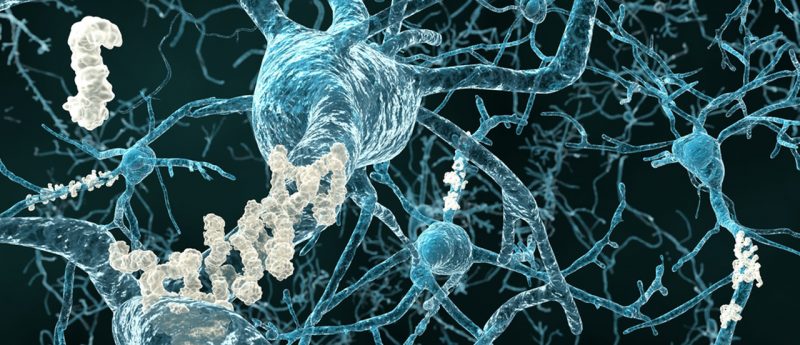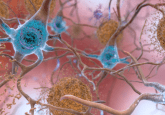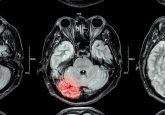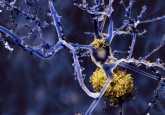Could regulatory gene Lsd1 have a central role in cell death in Alzheimer’s and FTD?

Researchers from the Emory University School of Medicine (GA, USA) have demonstrated that conditionally deleting regulatory gene Lsd1 resulted in cognitive impairment, paralysis and learning and memory defects in adult mice. Alterations to gene activity in the Lsd1-deleted mice included signs of inflammation and changes to cell metabolism and signaling that resemble changes previously seen in humans with Alzheimer’s and frontotemporal dementia (FTD). The study, recently published in Nature Communications, concludes by proposing the gene as a central factor in these neurodegenerative diseases and a potential drug target. The Lsd1 (lysine specific histone demethylase 1) gene is an epigenetic regulator...





